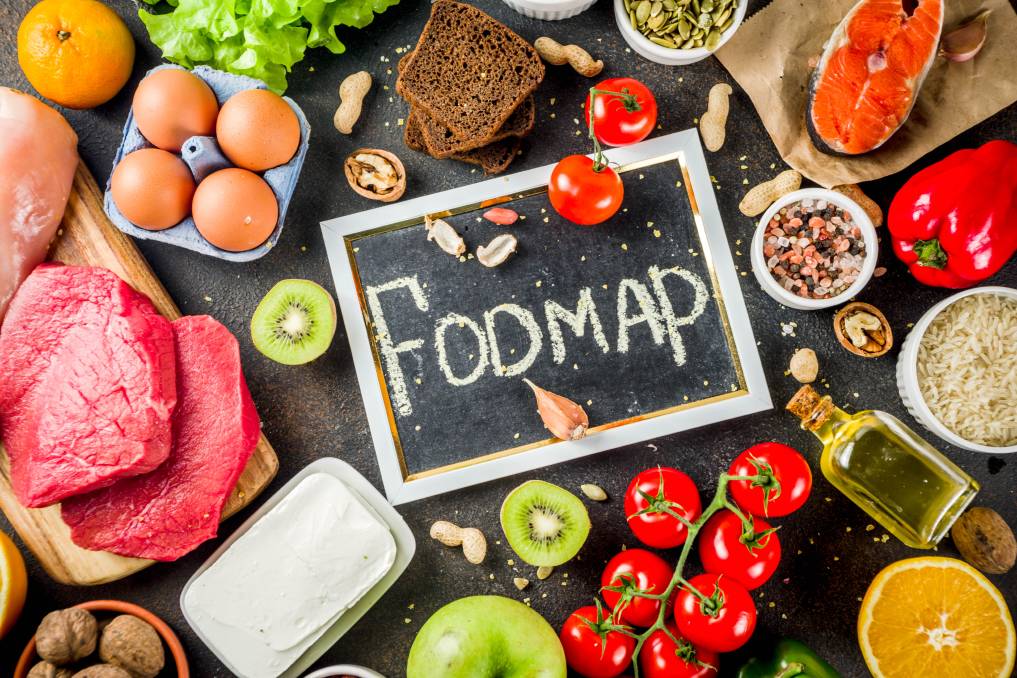
Have you ever experienced:
- Abdominal pain/cramping?
- Diarrhoea?
- A change in your bowel habits?
- Bloating of the abdomen?
- Flatulence?
- Urgent need to go to the toilet?
When you go to see a doctor about this they can find no obvious, detectable abnormalities in the digestive system? Current popular nutrition advice would make you lean towards the possibility of cutting out gluten, or taking a probiotic or being sold a ‘detox’ of some sort but in cases like this the chances are you have IBS (irritable bowel syndrome).

What is IBS?
IBS is not really a specific condition or disease (unlike irritable bowel disease or celiac) but more of a gastrointestinal disorder or a group of symptoms, NOT a disease. Unfortunately this makes it very hard to treat either through modern medicine or lifestyle changes.
The prevalence of IBS is very dependent upon demographic, genetics, gender, lifestyle etc so its very hard to draw any causative conclusions, therefore it should be dealt with individually. What may work for some may not work for others so some trial and error is needed.
Whats the Main Cause?
The main cause we see often is the diet, people with suspected IBS are often times just reacting very bad to FODMAPs in their diet.
Whats the Main Cause?
The main cause we see often is the diet, people with suspected IBS are often times just reacting very bad to FODMAPs in their diet.
What are FODMAPs?
FODMAPs are basically fermentable carbohydrates, so when these particular kind of carbohydrates reach a certain point in the digestive system they start to ferment and give off gas which is responsible for all the symptoms of IBS (abdominal pain, bloating, flatulence etc). Studies by Staudcher et al. (2014) and Staudacher and Whelen (2016) have shown that the low FODMAP diet “appears to be more effective than standard dietary advice for symptom control…” and it has “clinical efficacy…”.
Bottom line, it seems to work in many people!
| Foods Suitable on a Low FODMAP Diet | ||||||||
| Fruit | Dairy | Sports Foods | Starch | Sports Foods | Sweeteners | |||
| Bananas | Kiwi | Carrot | Lettuce & Olives | Butter | Parmesan | Oats | Whey Isolate | Stevia |
| Blueberries | Citrus Fruits | Celery | Parsnip & Turnip | Cream | Lactose free milk | Potato | Glucose | |
| Melon | Raspberries | Courgette | Red & Yellow Peppers | Brie | Lactose free yoghurts | Quinoa | ||
| Cranberries | Rhubarb | Giner | Spinach | Cheddar | Raw milk | Rice | ||
| Grapes | Strawberries | Green Beans | Swede | Feta | Rice/oat cakes | |||
| Grapefruit | Tomatoes | Kale | Yam | Mozzarella | Sweet potato | |||
| Herbs | ||||||||
| Foods to ELIMINATE on a Low FODMAP Diet | ||||||
| Excess Fructose | Lactose | Fructans | Galactans | Galactans | ||
| Apple | Animal Milk | Bread | Broccoli | Apple | Prunes | Baked Beans |
| Cherries | Ice Cream | Bulgur Wheat | Cabbage | Apricot | Watermelon | Berlotti Beans |
| Dreid Fruit | Whey Protein | Cous Cous | Garlic | Avocado | Cauliflower | Broad Beans |
| Honey | Yoghurt | Pasta | Leeks | Blackberries | Green Peppers | Butter Beans |
| Mangos | Asparaugs | Onion | Cherries | Mushrooms | Chickpeas | |
| Pears | Aubergine | Shallots | Nectarines | Sweetcorn | Haricot Beans | |
| Tinned Fruits | Beetroot | Inulin | Peaches | Sorbitol | Kidney Beans | |
| Fructose | Pears | Xylitol | Lentils | |||
| High Fructose Corn Syrup | Plums | Lima Beans | ||||
| Pinto Beans | ||||||
Interestingly, IBS seems to effect women more than men, at a 2:1 ratio because sex hormones play a key role in IBS physio pathology. Fluctuations in IBS symptoms during the menstrual cycle especially exacerbation of abdominal pain at menses.
There are things other than FODMAPs that can help improve the symptoms of IBS, such as:
- Increasing your intake of resistance starch
- Manipulating your fibre intake in accordance with your symptoms. So if your symptoms are more diarrhoea orientated then reduce insoluble fibre (wholegrain bread, bran, cereals, nuts, seeds) and if they are constipation orientated then increase soluble fibre intake (oats, barley, rye, fruit, foot veg, golden linseed)
- Try reducing gluten, although only 0.5-1% of the population are ACTUALLY gluten intolerant according to Gujral er al. (2012) some individuals may be intolerant to foods containing gluten, not the gluten itself, which would provide justification for improved symptoms.
- Try reducing caffeine because although caffeine is awesome, it is still a gut irritant so having too much will definitely exacerbate symptoms of IBS
- Pay attention to your stress and anxiety levels if you have IBS or all the rest of the advice will be undermined. An overzealous stress response in the body can impact gut motility, intestinal mucosal permeability and barrier functioning among other things which will result in major IBS symptoms.
- Fish oils have been shown to help reduce stress probably due to their anti-inflammatory response according to Lucas et al. (2009) so may be a good idea to add in if you’re not already.
- Exercise can improve many symptoms of IBS, but too much can make it worse.
- Alcohol surprisingly doesn’t seem to be a huge issue with IBS unless its been consumed in particularly high amounts, because chronically high alcohol use can disturb the function of the gut.
- SIBO or Small Intestinal Bacterial Overgrowth is a condition in which abnormally large numbers of bacteria are present in the small intestine which are usually found in the colon so can cause major dysbiosis. This can also be related to acid reflux.
- Probiotic use is still in very early stages of research, but the ones being done that are even remotely credible are showing possible results so it will not harm to take one.
If your symptoms are very bad, then you can perhaps try a 36 hour fast which in effect is said to ‘reset’ the gut helping relieve a lot of negative symptoms of IBS before you start putting the foods we recommended above back into your diet. This will also help you start a process of elimination to identify which foods may be a trigger when you slowly put certain foods back into your diet.
Once you have then highlighted foods that are a particular irritation for you, you can avoid them and replace them with something else in the table of recommended foods above.
Take Home Point!
IBS symptoms shouldn’t be taken lightly and need to be acted on for you to become the healthiest version of yourself, with the advice above hopefully you can improve your quality of life in all areas. Improving your digestion is one of the most underrated ways you can make strides forward in your fitness journey.
Nobody wants to live in pain or discomfort, especially when trying to get in shape or stay in shape, so this information will help keep you on top of your gut health, coming from evidence based professionals not FADs or dogma.
Share:
Leave a comment:


 WhatsApp us
WhatsApp us 
No comments yet, but you can be the first